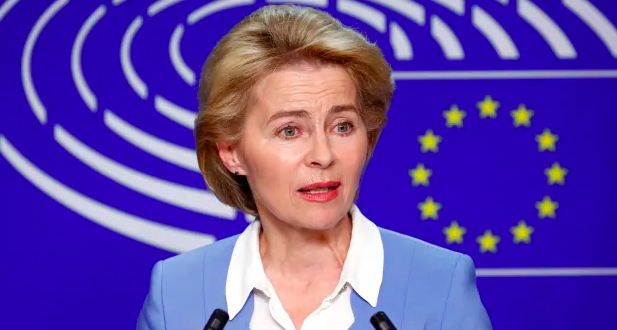The European Union (EU) has been urged to improve and align standards and safeguards related to loot boxes’ design features and consumer interactions.
The recommendation follows research undertaken by the EU’s committee on ‘Internal Market and Consumer Protection’ (IMCO), which analysed ‘loot boxes in online games’ and ‘their effect on young consumers’.
The IMCO report has been described as the most comprehensive study undertaken by an EU research agency on loot boxes’ design, engagement mechanics and monetisation dynamics.
The EU sanctioned research has been undertaken as gambling regulations of individual member states have observed that loot boxes reflect ‘virtual games of chance’, increasing concerns of a ‘systematic attempt to turn gamers into gamblers’.
Countering concerns, game developers stated that loot boxes are a ‘random reward mechanism’ which are vital to game-play and the monetisation of content.
Undertaking its research, the IMCO has evaluated four key areas related to loot boxes design and reward incentives:
- Access & cost related to gameplay and player achievements.
- Transparency in the probabilities of obtaining loot box items.
- Content type – whether prizes are ‘just cosmetic’ or affect/improve gameplay.
- Value conversion – do loot box prizes carry any real money or in-game value.
With regards to policy, the IMCO emphasised that regulatory agencies must understand and make a clear distinction between ‘loot boxes and other in-game purchases’. Further policy warnings have focused on in-game triggers and add-ons, which can be achieved by players viewing adverts, adding extensions or exchanging data.
Responding to regulatory concerns, the IMCO added: “Research on the behavioural effects of loot boxes exists but more is needed to provide robust and conclusive findings.
“Some research has found that problem gambling and paying for loot boxes are related. However, there is no consensus on a causal link between loot boxes and harmful behaviour.”
Experts interviewed by the IMCO underlined that ‘not all loot boxes carry risks’. Nevertheless, experts agreed that a number of loot boxes are problematic in their game designs, which could have adverse psychological and financial effects on player behaviours.
The IMCO stated that its greatest concern is maintained by the impact of loot boxes on children’s behaviour, which could ‘potentially be more vulnerable to problematic designs’ – in which deeper research is required.
At an EU-level, the report further underlined structural problems in relation to the governance and monitoring of standards attached to loot boxes and whether they breach member state gambling legislations.
“Several national authorities have investigated under what conditions loot boxes may qualify as gambling. With the exception of Belgium, the Netherlands and Slovakia, no European Union (EU) country has come to the conclusion that loot boxes fulfil their national gambling criteria,” the report states.
Overseeing the business standards and regulations of the economic trading bloc, the EU has formally judged that it will not intervene in individual member states’ gambling laws.
The EU has deemed gambling legislation to be of a ‘national competence’, carried by the domain of member states. An intervention on loot boxes legislation may, therefore, lead to friction with the European video games market.
Noting legislative complexities, the IMCO recommended that EU policymakers focus their attention on developing coherent standards and transparency in relation to loot box designs as a consumer protection safeguard in which the EU can maintain authority
“In this domain, the European Union has the discretion to act through a broad range of means, ranging from non-binding recommendations to mandatory legislation.
“The effectiveness of existing initiatives, for example the provision of information about video game content and purchase systems to consumers, making parental control tools available and accessible, and raising awareness among players about problematic game design, should be verified. This could be done, for example, through consumer testing. Based on such an assessment, the European Union could take steps to complement and strengthen the protection of (young) players.”









